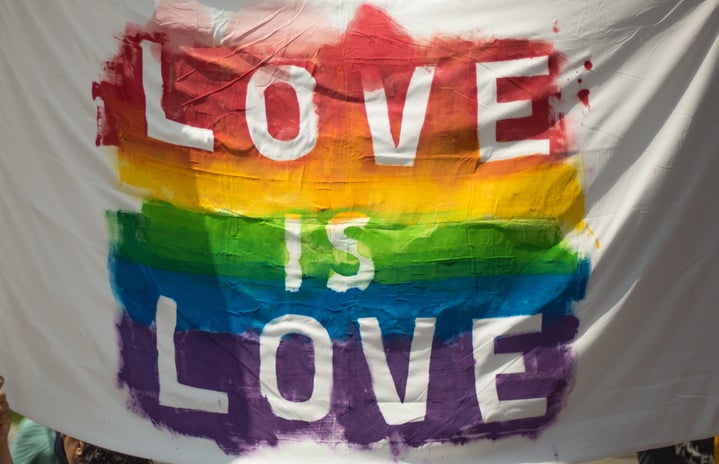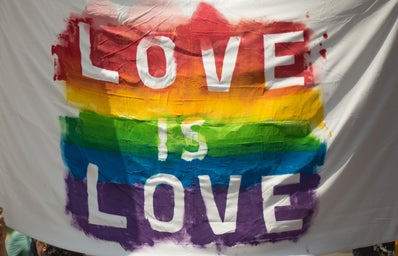In recent years, the media landscape has made strides in LGBTQ+ representation, but a concerning trend has emerged. The over-sexualization of LGBTQ+ characters, particularly reinforcing stereotypes about same-sex relationships. This issue, glaringly apparent in popular television shows, raises questions about the double standards applied to different gender pairings within the community.
As the fight for LGBTQ+ visibility gains momentum, examining how media portrayal impacts public perception is crucial. While representation is a positive step forward, the shade within these portrayals deserve analysis.
Television, as a powerful cultural influencer, has the potential to shape societal attitudes. However, the media’s lens often distorts the reality of LGBTQ+ relationships, perpetuating harmful stereotypes and reinforcing societal biases.
One glaring example of this issue is the disparate treatment of same-sex relationships based on gender. In many TV shows, like Friends, the portrayal of two women in a romantic relationship is often sensationalized and deemed as “hot” or “sexy.” However, when the same attention is given to two men expressing affection, it is sometimes met with discomfort, labeled as “gross,” or even censored.
This double standard not only objectifies and hyper-sexualizes LGBTQ+ characters but also reinforces harmful prejudices. It perpetuates the notion that same-sex relationships are acceptable only if they fit into preconceived, heteronormative ideals of attractiveness.
The Gay & Lesbian Alliance Against Defamation (GLAAD) has been actively advocating for more accurate and diverse LGBTQ+ representation in the media. Their annual “Where We Are on TV” report tracks LGBTQ+ inclusion in television, shedding light on progress and persistent challenges.
Laverne Cox, a trans actress and activist, has called attention to the intersectionality of representation, emphasizing the need for diverse portrayals beyond narrow stereotypes in her documentary Disclosure.
As the media industry evolves, there is a pressing need for a more nuanced and authentic representation of LGBTQ+ individuals. This requires dismantling the harmful double standards that persist in the portrayal of same-sex relationships.
Advocacy groups, viewers and industry insiders must work collaboratively to challenge these biases and promote accurate, respectful and inclusive depictions of LGBTQ+ experiences. By fostering a media landscape that reflects the diversity and authenticity of the LGBTQ+ community, we can contribute to a more equitable and accepting society.


